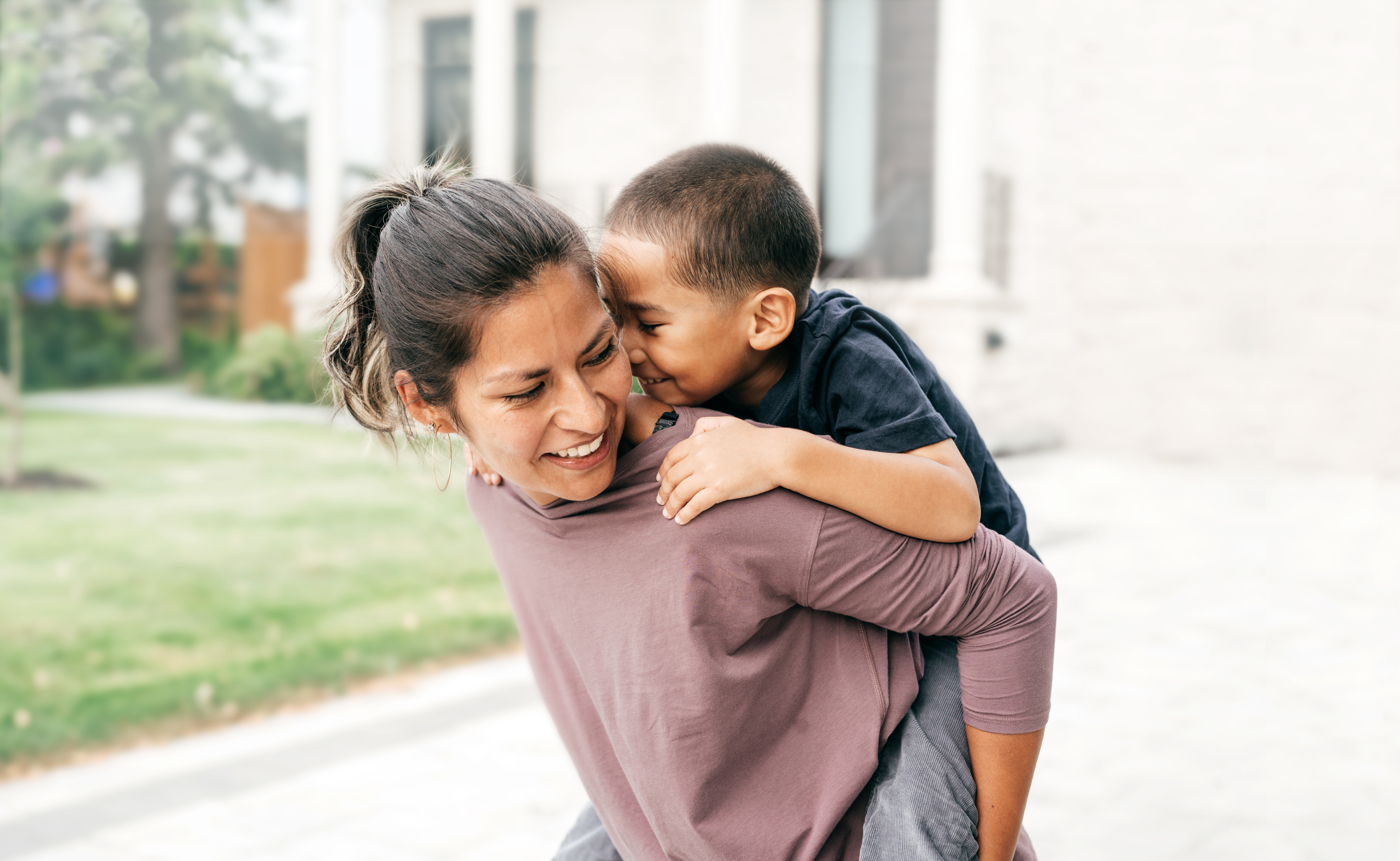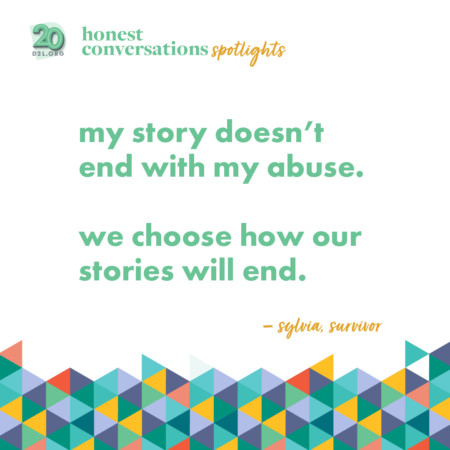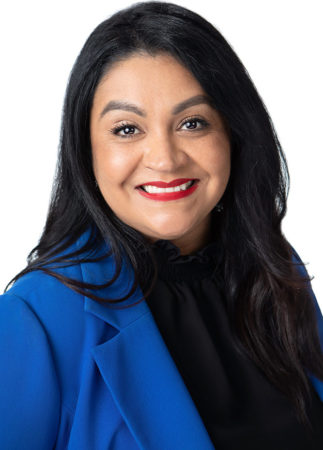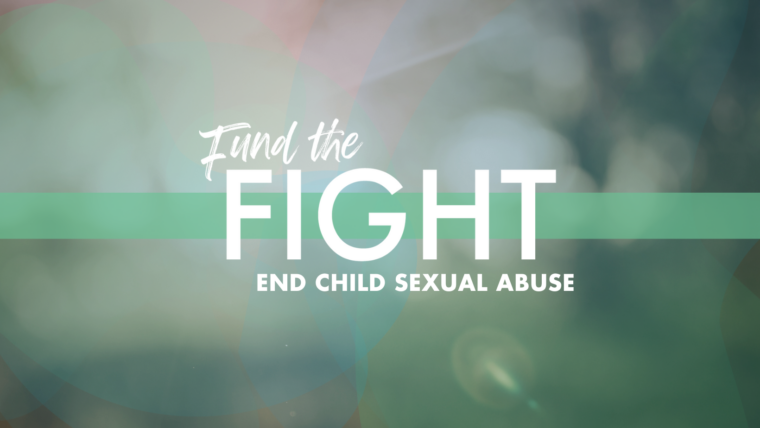As an immigrant and survivor, I know there is stigma that surrounds sexual abuse; the perspective in Hispanic communities is that we do not share our pain or talk about uncomfortable topics.
Even now that I have disclosed what happened to me, I have always felt like the topic wants to be forgotten.
In recent text conversation with a close friend/co-worker, I shared that I was struggling with a topic from a personal childhood trauma and wasn’t sure how I was going to get started writing about it. She responded that maybe I needed to talk to someone professionally. The next day she texted to check in on me and jokingly, I responded with “Hispanics don’t do therapy.” She laughed and said “…well neither do Black people.”

In my experience, the Hispanic perspective on sexual abuse is that it’s unacceptable to talk about. But why? Is it because it brings shame to the family? Is it because you will be judged as a parent? Is it because you feel blamed and shamed? Or maybe it’s a combination of all three. Even now as an adult familiar with the issue of child sexual abuse, it is not something that is comfortable to discuss. It’s a very difficult and complex topic that we often choose to dismiss even though we know it’s a problem.
Now, as an informed adult, I believe that not talking about abuse is one of our biggest barriers to keeping our children and families safe. As a community, we need to find ways to break down the barriers, to understand how to move forward, and find solutions for creating a better childhood for our children. During my childhood in Guatemala, my extended family all lived with my maternal grandparents. On holidays, birthdays, and celebrations it was very special to be around them.
But with so many joyful memories, the pain of losing my childhood is often equally great.
In my experience as an immigrant with many immigrant friends, living in a home with multiple generations is typical. Many of us get married and live at home with our parents and become responsible for taking care of them as they age. My grandparents lived in the main level of our home and we had common areas such as kitchen, bathrooms/showers, laundry area, etc. Each family unit lived in a different room or section of the house (aunts, uncles and children). My mom is one of 21 children, though currently 12 survive. Not all aunts and uncles lived in our home but there were many families that occupied the big concrete house my Abuelito Juan built.
Naturally, as we continue to make America home, our traditions have changed. However, I still have a lot of extended family living in Guatemala adhering to our family custom that children live with their parents until they pass.
There were often so many of us together that I consider the environment a perfect disaster when we consider sexual abuse prevention. With so many people, it was easy to get lost. It was hard to know which child or adult was doing at any given time. Can you confirm with all certainty that “so-and-so” went to the market with the aunt and three of the children? At times I recall the memories of being with so many cousins and enjoying the fun adventures of having so many kids around. Not every memory is a tragedy.
But I do remember the first time I experienced sexual abuse, on the third floor of the house—it was in the room where my great-grandmother died. My  cousin took me there with the promise of showing me the room and to plot how we would play a prank on some of the other cousins. As one of the younger cousins I was taught to be submissive, to listen to my elders, to do as I was told. No one questioned that we were alone, especially not me. Because of this experience, I am now incredibly cautious about where my children are allowed to go, and with whom.
cousin took me there with the promise of showing me the room and to plot how we would play a prank on some of the other cousins. As one of the younger cousins I was taught to be submissive, to listen to my elders, to do as I was told. No one questioned that we were alone, especially not me. Because of this experience, I am now incredibly cautious about where my children are allowed to go, and with whom.
Luckily, my story doesn’t end with my cousin’s abuse. We choose how our stories will end. I have found that sharing my tragedy with other survivors makes it easier to disclose. It makes you feel like you have a common factor and you are sharing your story. I have recently been in touch with two new friends from Ireland and New Zealand, who both took Darkness to Light’s Stewards of Children® and found me on social media to share their story with me. It brings both joy and pain when I talk to them. I know how difficult it is to share your story with someone for the first time, but I also know how much healing it brings as well. My perspecitive on abuse in Hispanic communities is this: survivors, it’s worth it to speak up. If you are not a survivor but a friend or family member, be willing to listen. Just offering your support can make a big difference in making your community safer for children.
This is blog #1 of “Honest Conversations: Spotlights,” focusing on the intersectionality of child sexual abuse in Hispanic communities. Honest Conversations is a Live series from Darkness to Light where experts have a variety of authentic discussions about the realities of stigma and child sexual abuse. Click here to watch Episode 1 of Honest Conversations and here to register for the live discussion.

Sylvia Goalen, MBA, BBM is a government professional with extensive public relations experience and more than 20 years in local government. She holds a Bachelor’s Degree in Business Marketing and a Master’s degree in Business Administration from Columbia Southern University. She emphasizes her skills on recruiting, mentoring and motivating cohesive teams. As owner and CFO of Redline959 Training & Development LLC, she provides emergency management and prevention classes including CPR and fire prevention to her community, with an emphasis on bringing this imperative training to the Spanish speaking community. Sylvia enjoys participating in Latinx focused organizations and currently serves on the board of the Gwinnett County Public Schools-Hispanic Mentoring Priority in Georgia. Her family migrated from Guatemala when she was a small child. Sylvia has been married to her husband Jeff Goalen for 18 years and they share three children: Michael, Isaac, and Olivia. Sylvia was awarded the Personajes Destacados award from Mundo Hispanico for her work in the Hispanic community. She is also a recipient of the Stewards of Children® Voice of Courage award for her contribution to the fight against sexual child abuse.
Follow us on social media to stay up to date and join the conversation.



